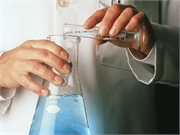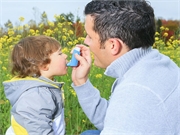
You know that you need to watch your weight to lower your risk for heart disease, but that is far from the whole story. It is possible to be overfat without being overweight, meaning that you’re storing fat within your body even though the scale says you’re at a normal weight. And that distinction is… read on >





























